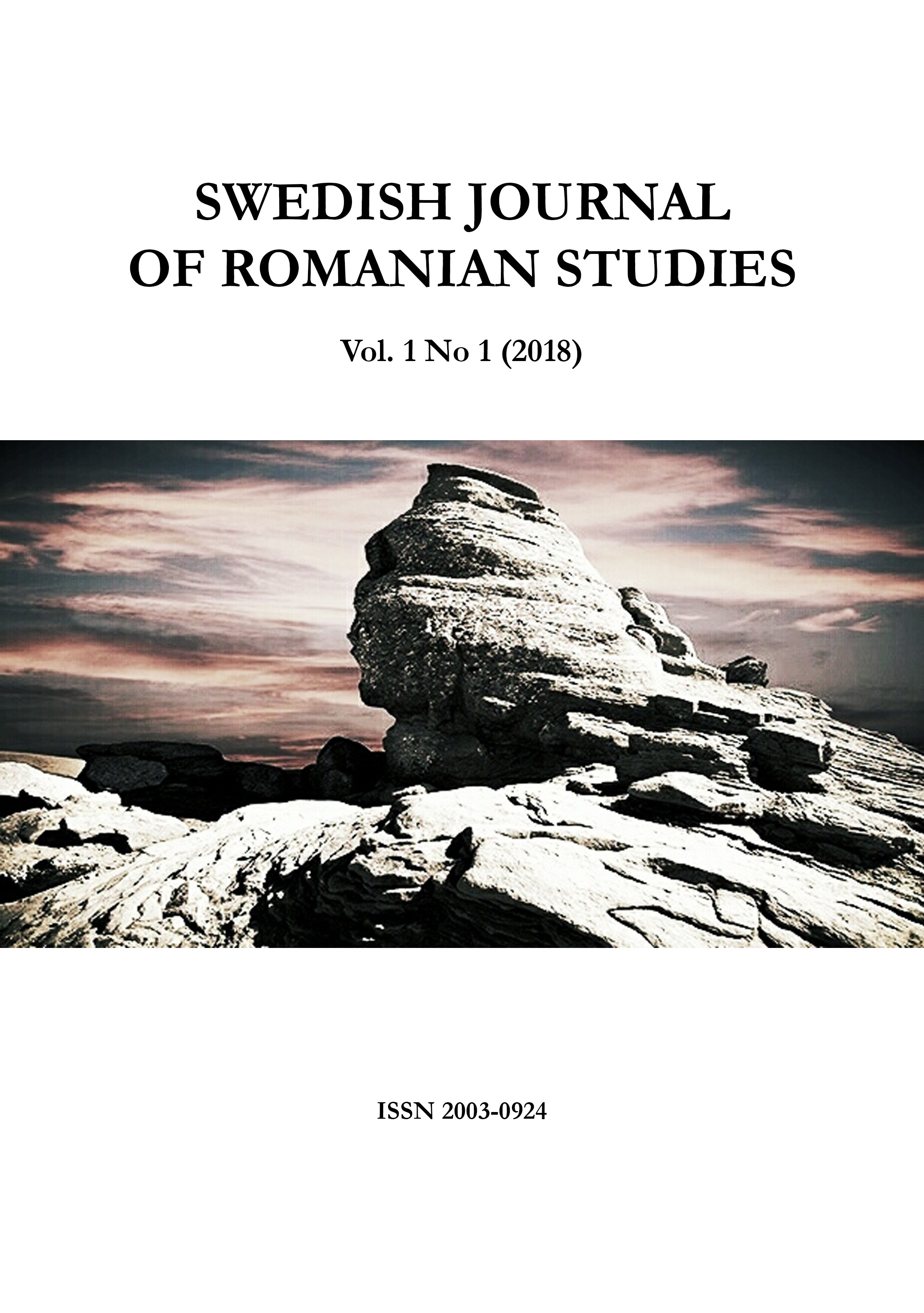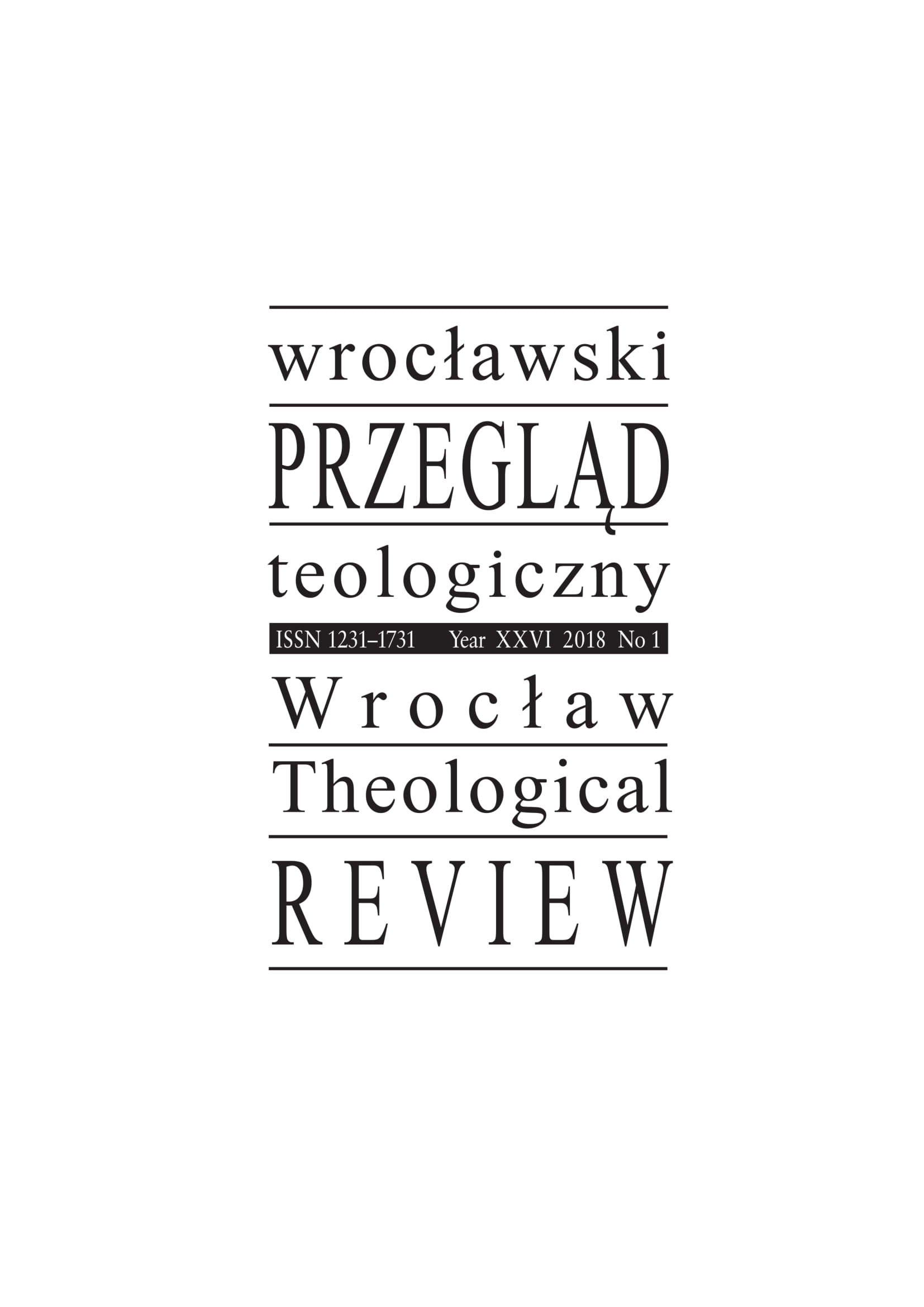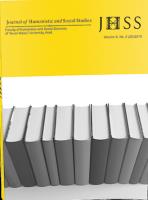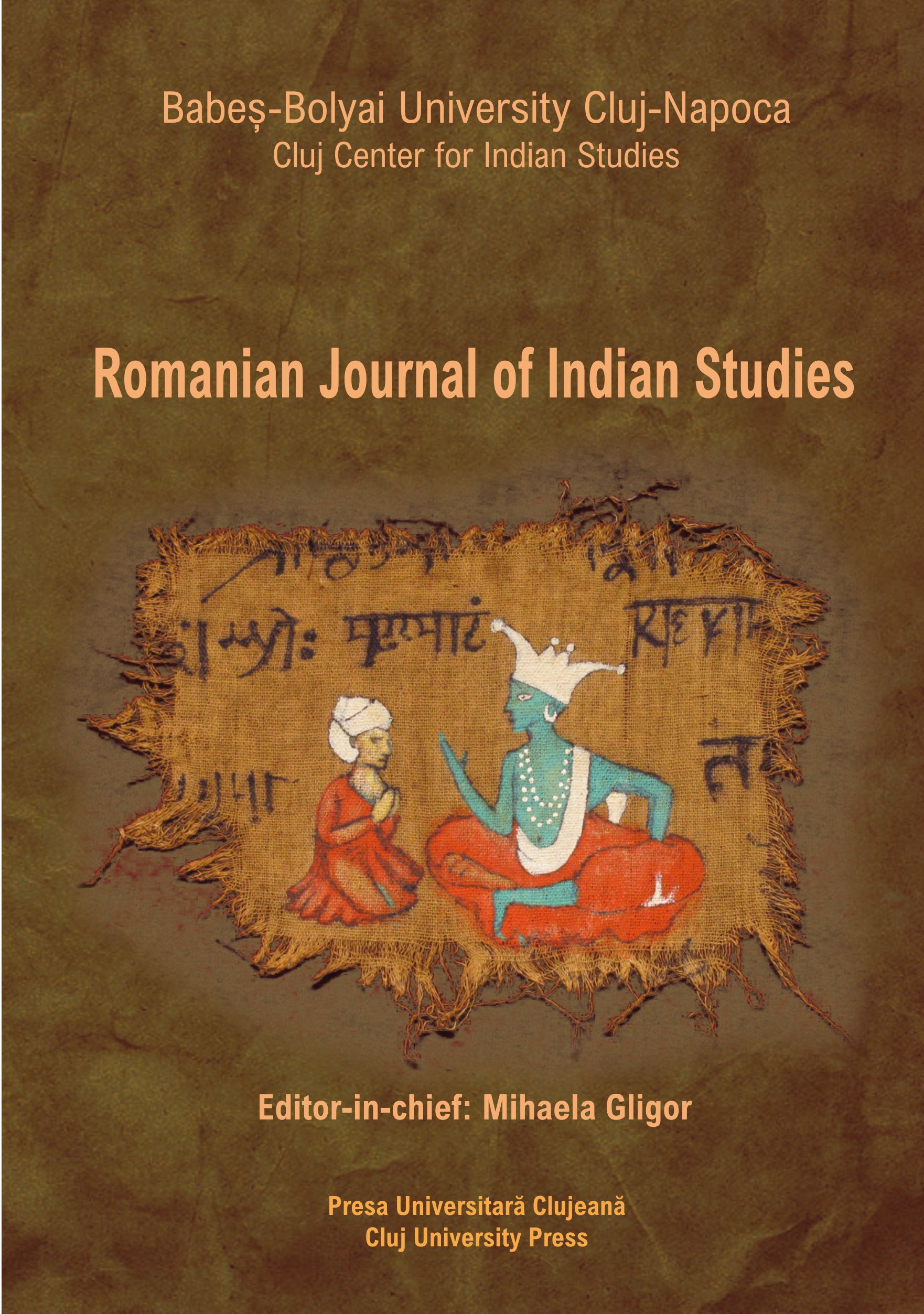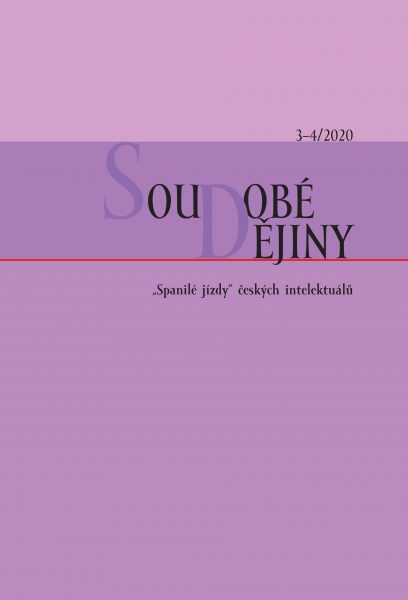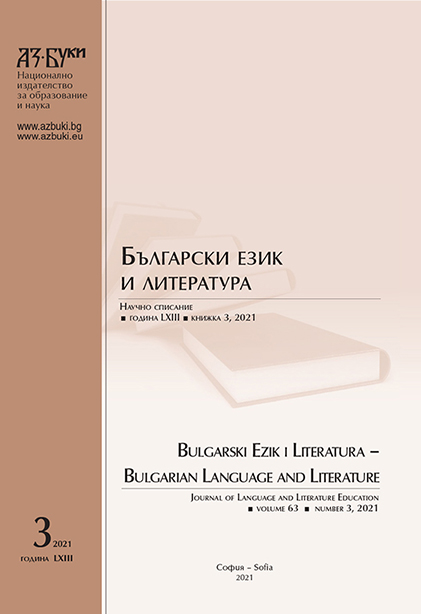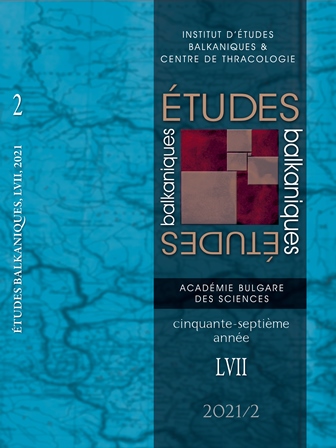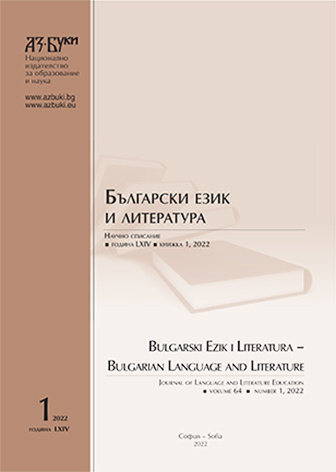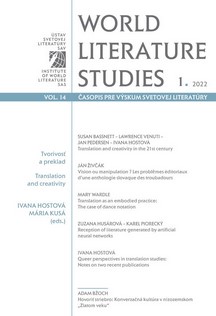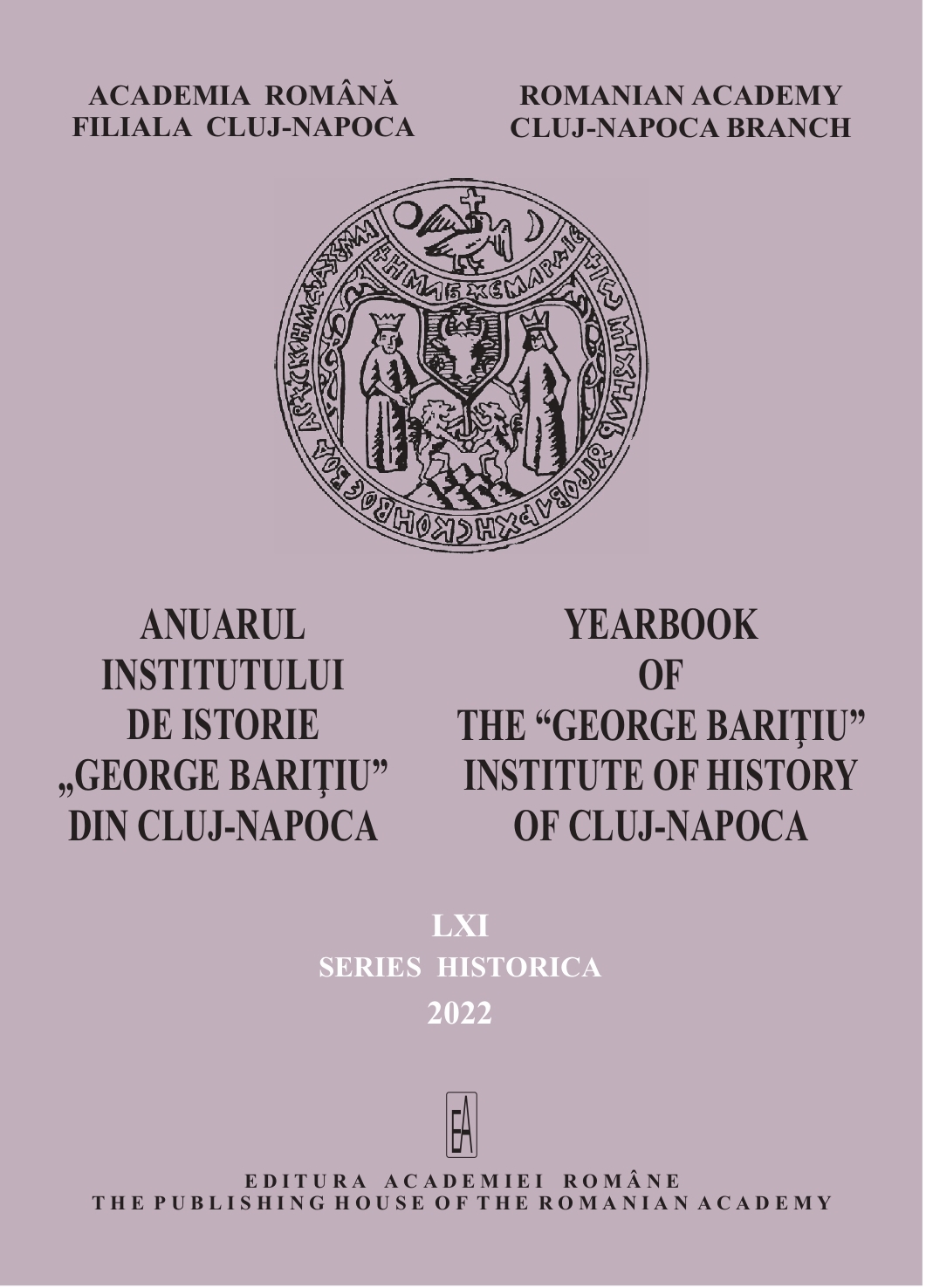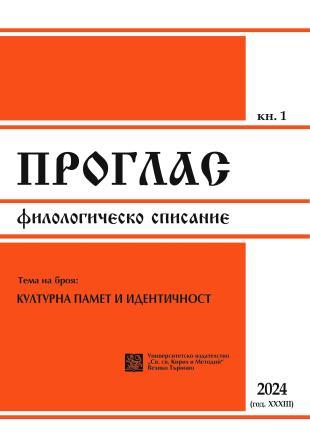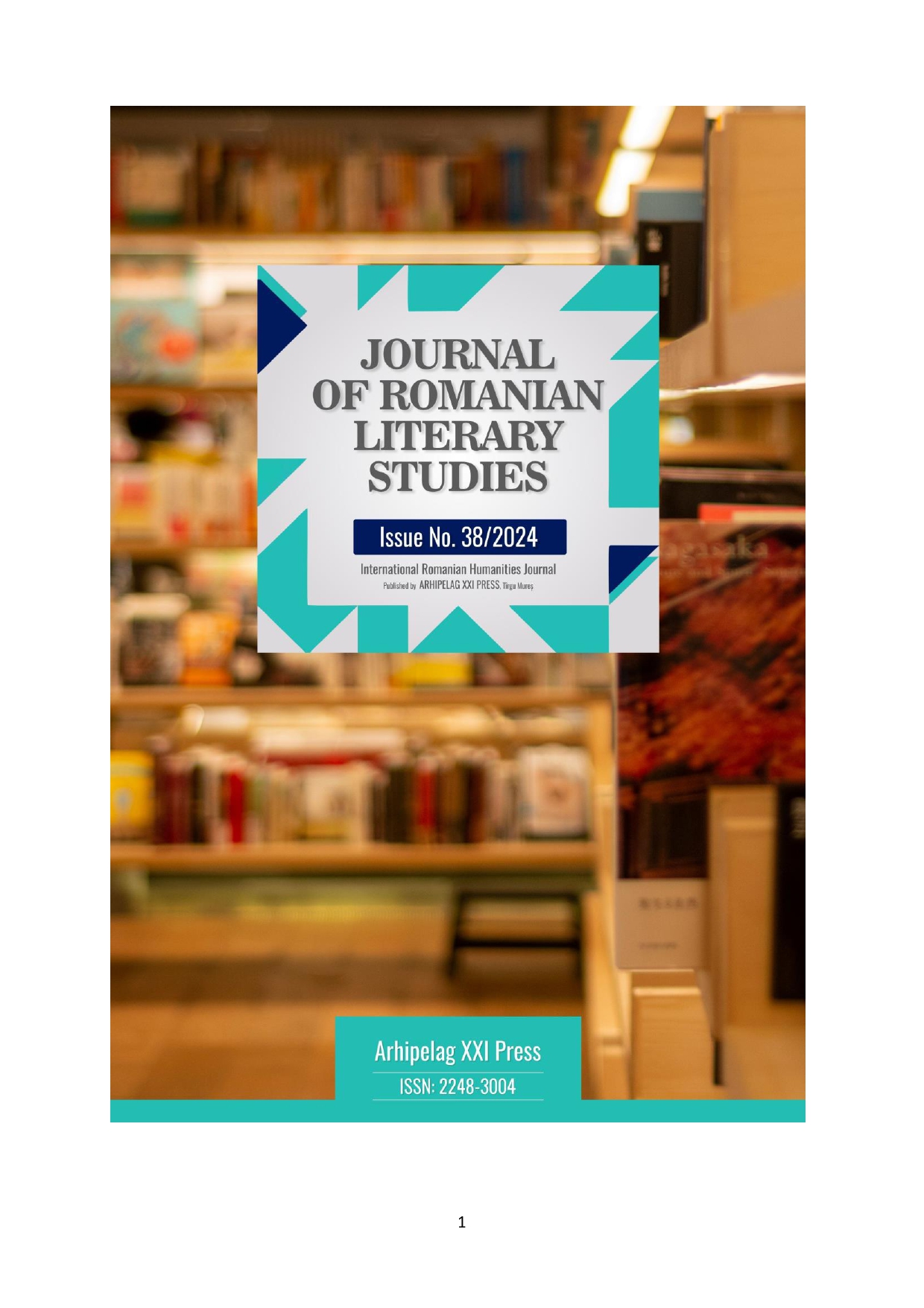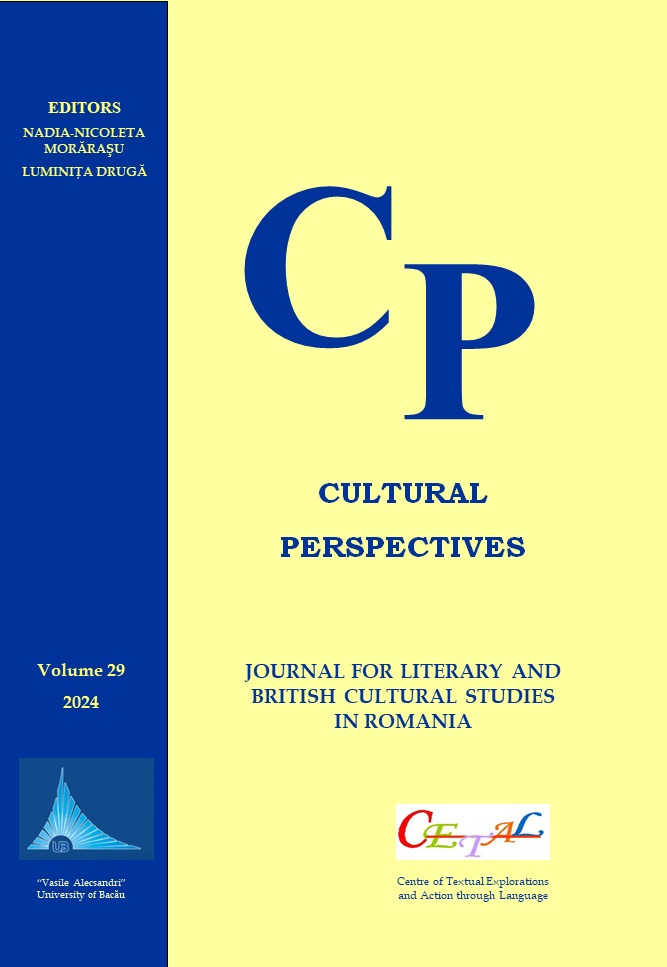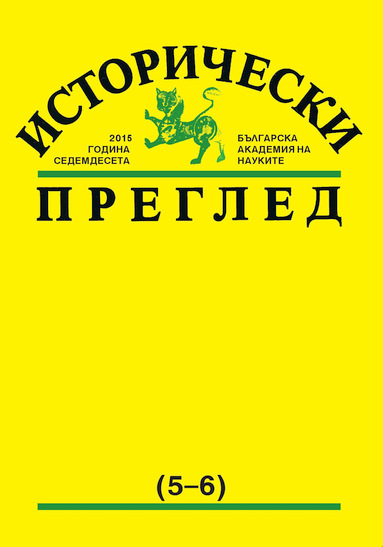
Най-старата история на славяните в ранните трудове на Павел Йозеф Шафарик
The article presents the historical elements in the early works of the Slovak Paul Joseph Šafarik, well known for his Slavic studies. It starts with the educational background of the scientist, based on classical philology and literature and the influences he experienced in his youth, and then evaluates his first poetical attempts. The main analysis is centred on the first scientific work of Šafarik on Slavic literature, published in 1826 with special emphasis on its historical part.
More...
